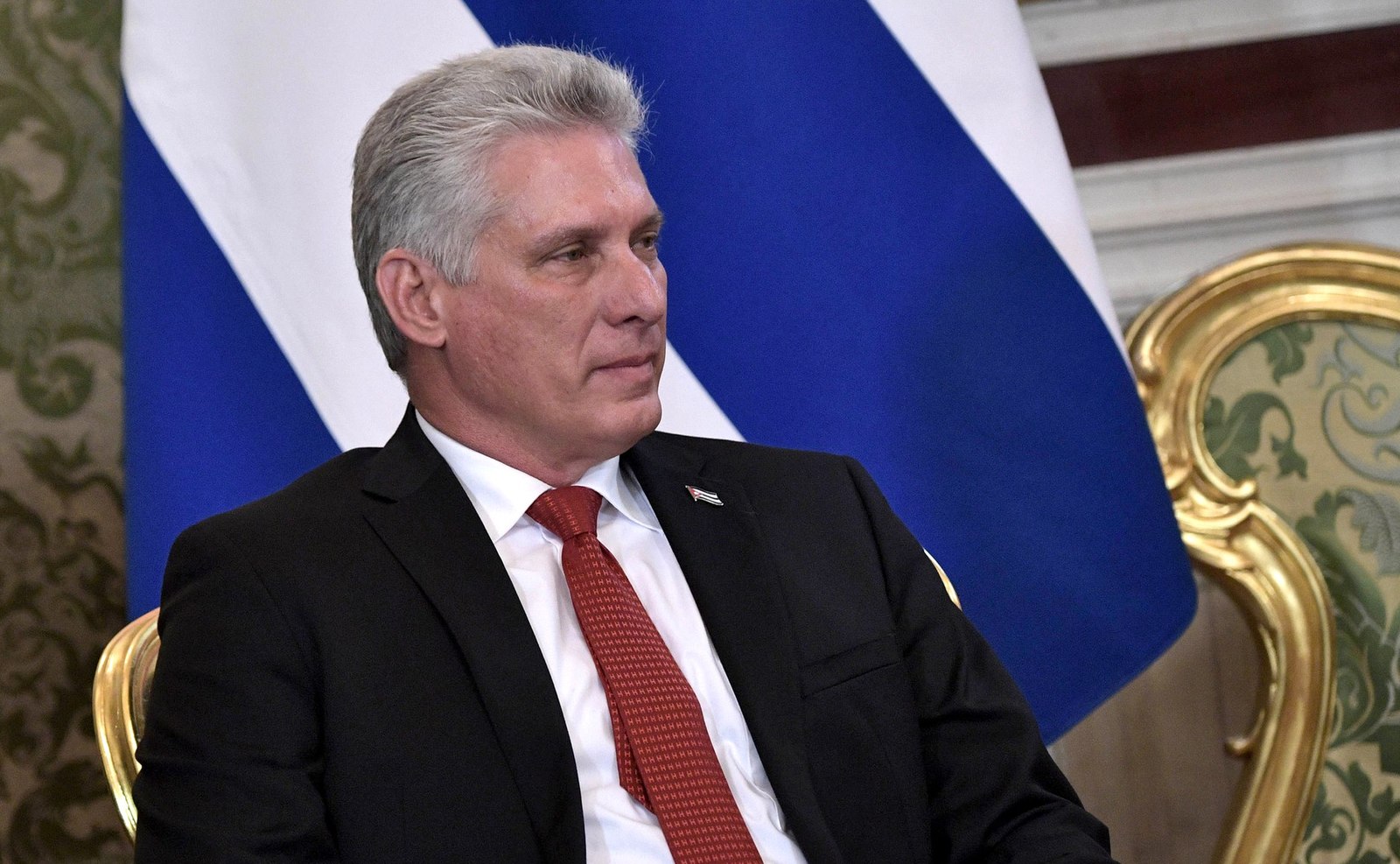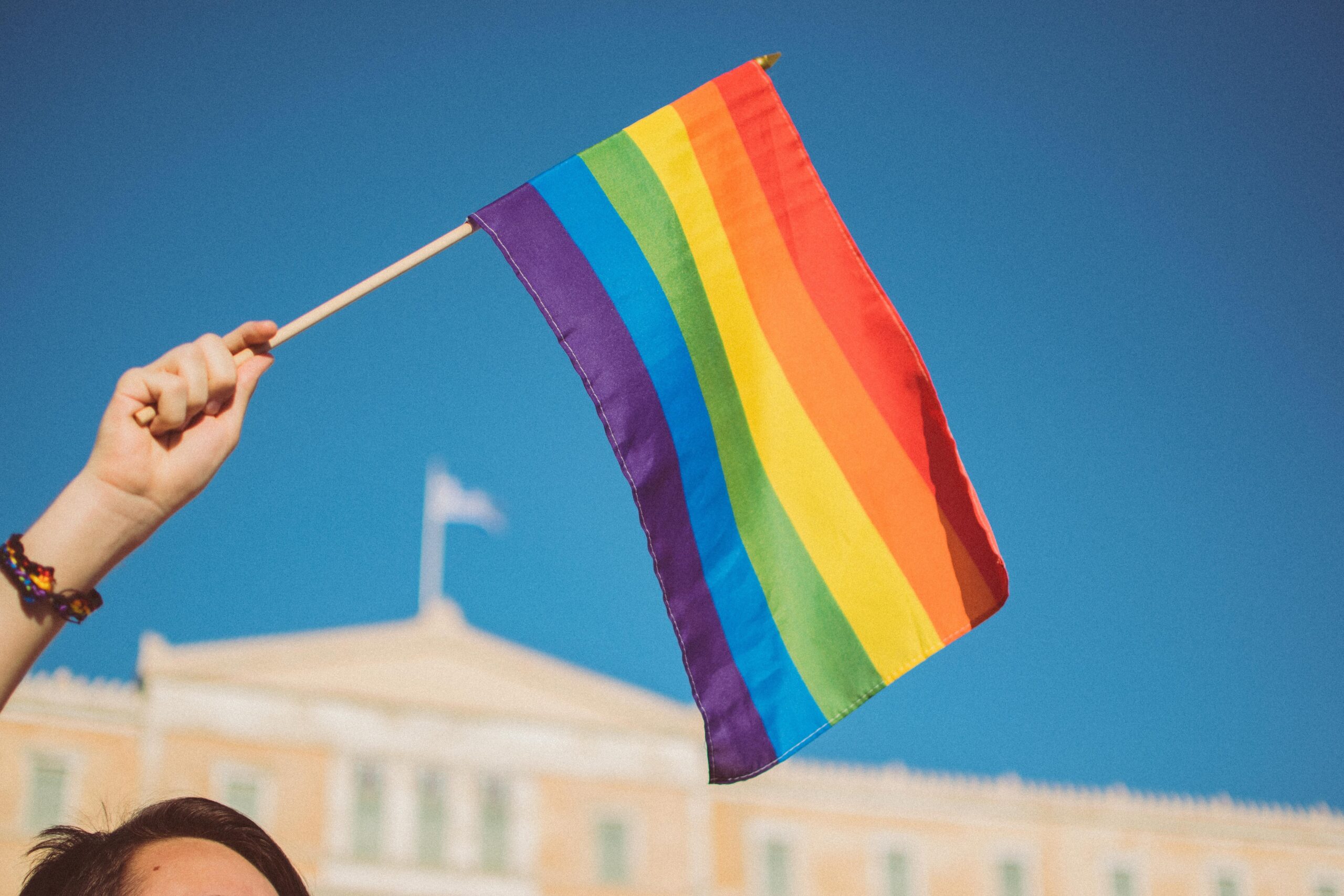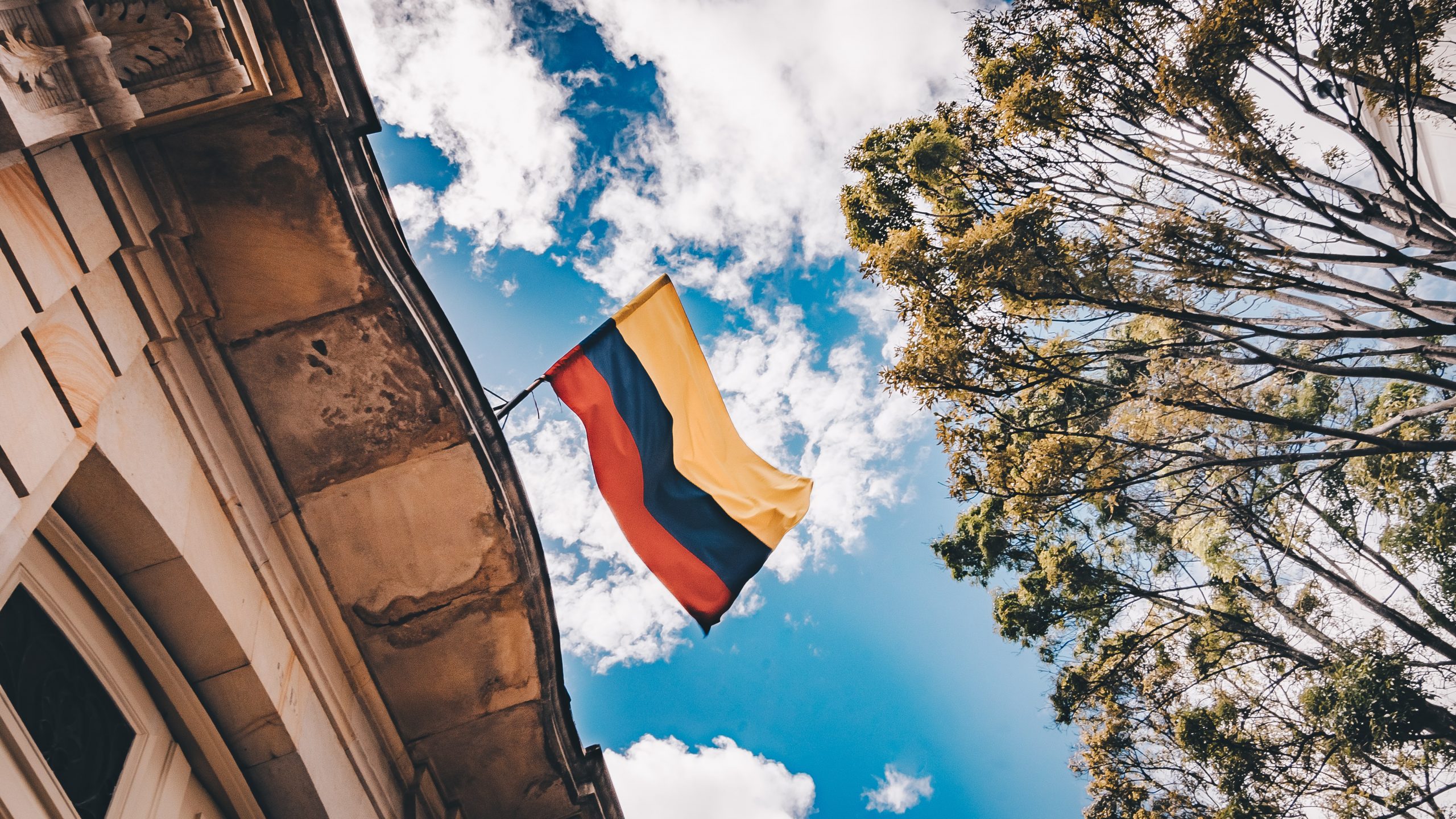Death of a Dynasty: Change vs. continuity in Cuba

For the first time in almost six decades, Cuba is headed by a man whose last name isn’t Castro: former vice-president Miguel Díaz-Canel succeeded 86-year-old Raúl Castro on Thursday as head of state of the defiant Caribbean republic. But will new leadership signal change for the nation, or will Díaz-Canel stick to the course set by his predecessors?
Although Díaz-Canel has expressed his intent to continue the process of economic reform set in motion by Raúl Castro, it is unclear whether these reforms will be enough to revitalize the floundering Cuban economy. Although Cuba’s socialist system provides its citizens with free education, quality healthcare and relatively low unemployment, wages in the country average around $30 a month, and with the collapse of its main economic sponsor, Venezuela, the Cuban economy has found itself in dire straits.
Under Raúl Castro, parts of the economy were cautiously unshackled from government control, allowing for entrepreneurship in some sectors such as masonry, gardening and hairstyling. While this led to a boom in small business and local entrepreneurship, it has thus far failed to attract much-needed foreign capital. Many international observers heckle Cuba’s convoluted two-currency system, in which tourism and international trade uses a different currency than the domestic economy, as central to the country’s economic woes. However, the leadership of the Communist Party, which will remain under Raúls leadership until 2021, continues to embrace the two-currency system as a way to stave off inequality and protect Cuba from capitalist influences.
This is unlikely to change under Díaz-Canel, who is known to be fiercely loyal to the Communist Party and to the Castro legacy. In fact, it is likely that his unwavering loyalty is what made him attractive as a successor in the first place: earlier men who appeared to be getting groomed to take over after the Castro brothers all started outshining their mentors, and were subsequently ousted. Díaz-Canel, on the other hand, made a point of keeping a low profile and simply towing the party line as efficiently as possible.
While this combination of efficiency and willingness to follow orders may have made him the perfect candidate in the eyes of the Communist Party, sentiments amongst the Cuban people appear mixed. While Díaz-Canel is known as a friendly, tolerant and down-to-earth man, many Cubans decry the fact that they were not given a voice in the matter: the Party simply chose Díaz-Canel from within their own ranks, without consulting the populace. While this is nothing new for Cubans, who have lived under autocratic rule for a lifetime, this may still present a serious challenge to Díaz-Canel’s legitimacy. Born in 1960, post-revolution, he lacks the charisma and moral authority of the revolucionario generation before him, and struggles to inspire the same socialist zeal as his predecessors.
External challenges, too, face the new commander-in-chief. Aside from the aforementioned desiccation of foreign capital inflows, neighbourly relations with the US remain troubled. Although president Obama initiated a policy of détente towards the island, lifting embargoes and trade restrictions and seeking a more cordial relationship between the two countries, much of this has been rolled-back by the Trump administration. Egged on by Cuban-American voices in the Republican party, many of whom descend from refugees who fled the revolution and the Castro regime, Trump has returned to the more punitive, unforgiving stance taken by many of his predecessors. This has led Cuba to look further afield for support, particularly with China, it’s biggest trading partner. Whether Cuban-American relations will warm up again under Díaz-Canel remains to be seen, but considering the position of the Trump administration, the outlook appears grim.
Overall, Díaz-Canel has a tough few years ahead of him: he has an enormous pair of shoes to fill and faces a number of serious challenges. He might turn out to be the reformer Cuba needs to revitalize its economy, or he might succumb to the internal and external pressures; it’s too early to say with certainty. From what we know, however, it looks unlikely that the winds of change will blow over Havana anytime soon.
Featured Image:
Kremlin.ru (https://commons.wikimedia.org/wiki/File:Miguel_Díaz-Canel_(2018-11-02).jpg), „Miguel Díaz-Canel (2018-11-02)“, https://creativecommons.org/licenses/by/4.0/legalcode



